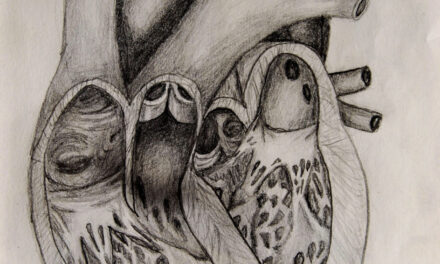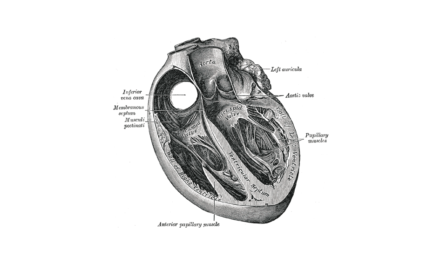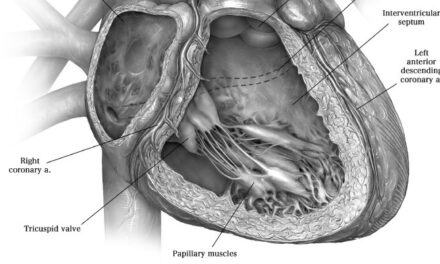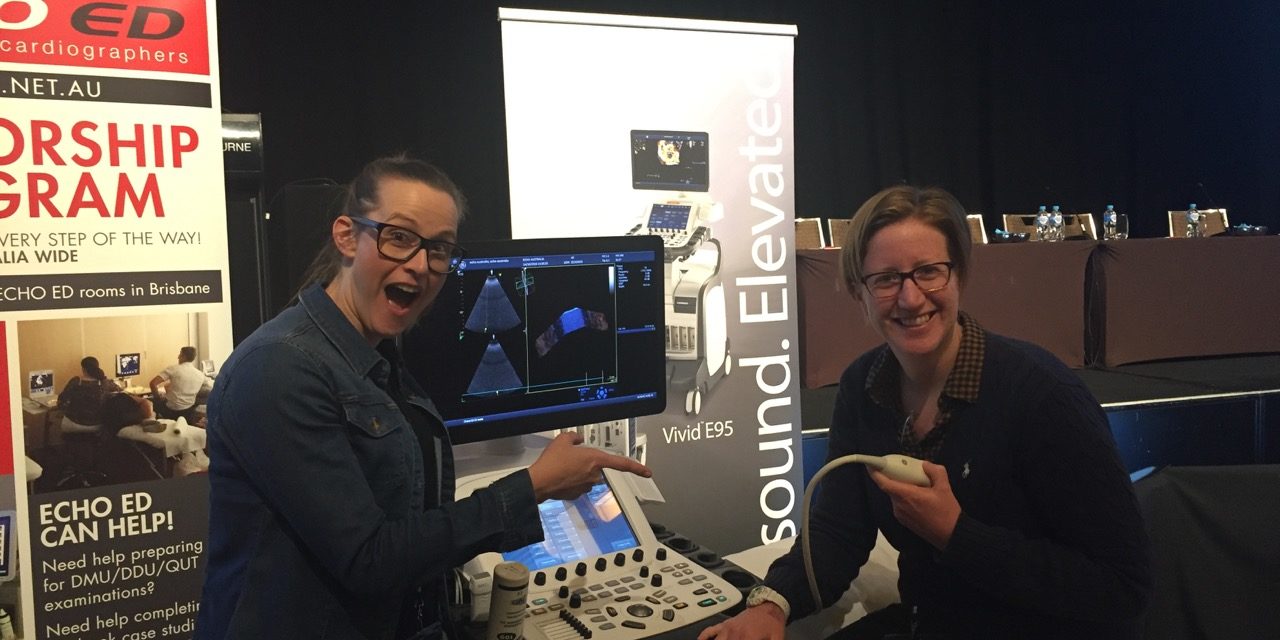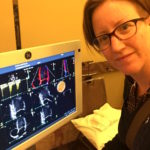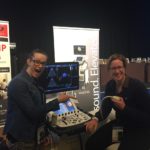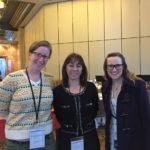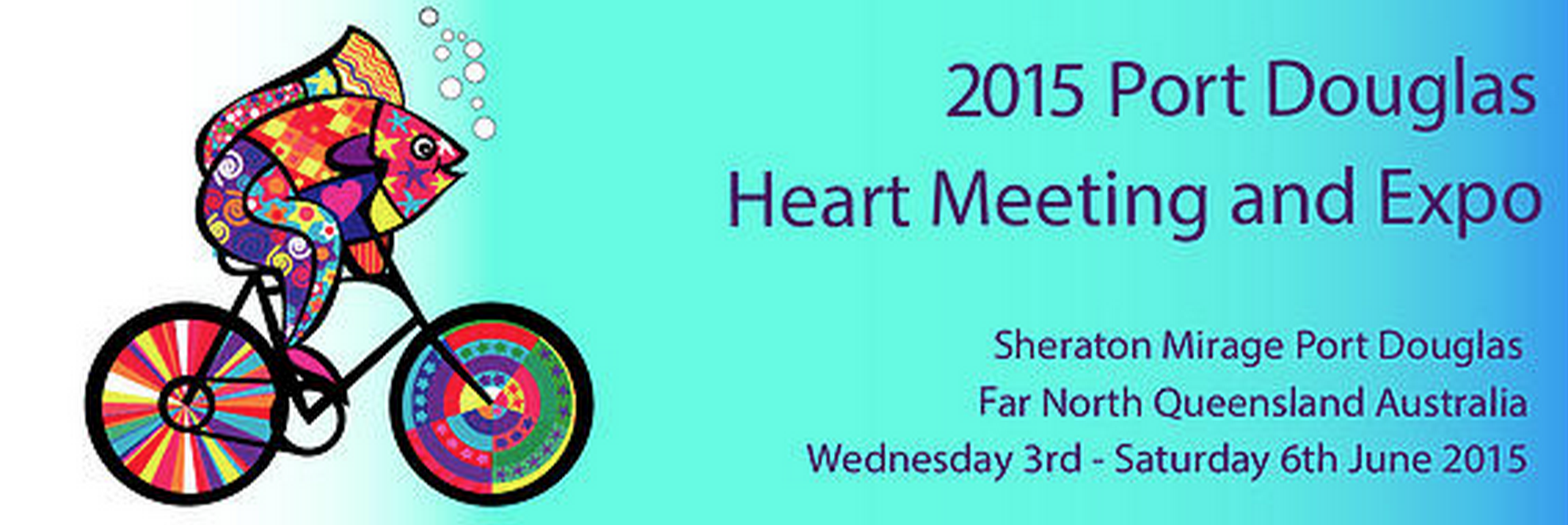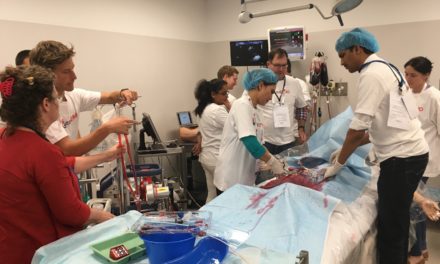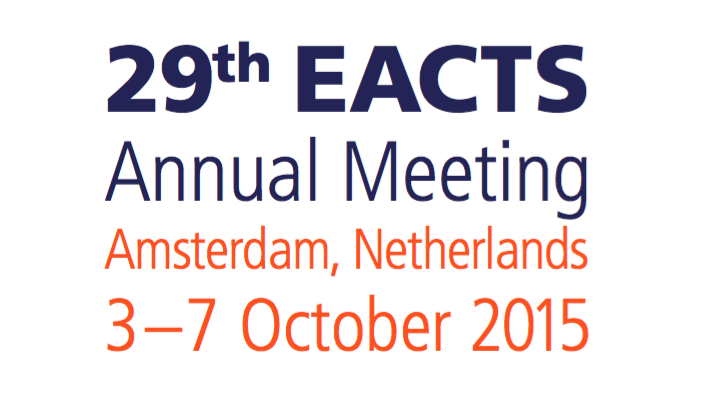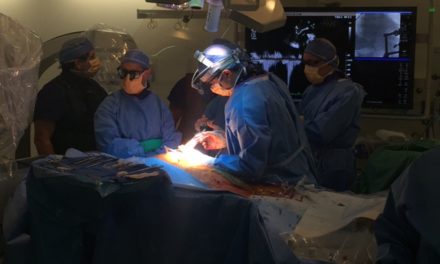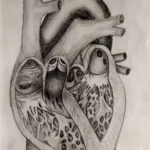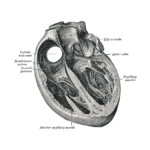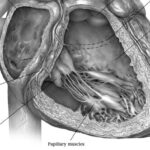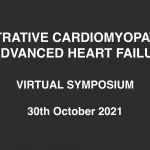Thank you to Structural Heart Disease Australia for the opportunity to attend Echo Australia 2016. As a second year trainee of the College of Intensive Care Medicine I have had the opportunity to discover early in my training the invaluable contribution echocardiography provides as a part of the clinical assessment and a tool to help guide management of the critically unwell patient.
During this three day conference I was able to immerse myself lectures and workshops which covered a broad spectrum of echocardiography assessment and its applications. I was privileged to meet and be taught by many of the experts in the field who have guided the evolution of this dynamic tool and its absolute explosion into mainstream medicine.
The format of the conference was to follow a didactic lecture forum in themorning sessions where both domestic and international speakers discussed key topics currently prevalent within the echocardiographic community. Of note Professor Jonathan Chan discussed the concept of strain imaging and its applications and Professor Heidi Connolly from the Mayo Clinic gave an informative presentation in cardiomyopathes in p ncy. Professor Connolly presented a number of lectures over the conference and had anoutstanding ability to explain complex ideas in a systematic and clear way. She is clearly renowned for her work within the echocardiography community displayed not least by her previous mentorship of a number of her fellow cardiologist presenters at the conference; an inspiring person for a young registrar entering the field.
On a personal level I found myself presented with a set of topics and applications of the tool, with which I am training to adapt to my work in ICU.
Echocardiography was explored and adapted to innumerable modalities and applications both clinically and in research. I learnt about the processes employed by the ultrasonographers and the cardiologist to assess, classify and direct management of complex medical conditions of the cardiovascular system. The scope of the morning talks included practical tips from sonographer experts about how to execute the perfect echocardiographic study to presentations on the applications of the American Society of Echocardiography (ASE) guidelines.
The afternoon sessions were dedicated to workshops and specialty lectures. One session I participated in was directed at application of echo to the Emergency Department and Intensive Care. Here, Dr Aubrey Almeida discussed a systematic approach to intraoperative transoesophageal echocardiography. I have developed an interest, extending from my study of echocardiography into the physiological changes and implications associated with cardiac surgical procedures. The intensive care manages post op cardiac surgical patients on a regular basis and this insight into the intra operative chocardiographic study and assessment of the patients haemodynamics will
certainly augment my management of these patients. To accompany this lecture, Dr Stuart Moir and Dr Greg Scalia engaged with the broad topic of point of care ultrasound. The exploration of the echocardiographic assessment within the critical care domain proved both
interesting and informative. Examples of life threatening conditions that are able to be detected and assessed using bedside echo techniques were shown and discussed, highlighting the invaluable contribution an echo performed by a well trained clinician at the bedside of a critically unwell patient can give. From the perspective of an ICU trainee in this forum of specialists cardiologist and sonographers I was encouraged by the perspective relayed that the extension of echo into critical care fields was necessary and supported. The overwhelming impression from the panel members in this workshop was that the cardiology community is encouraged to take an active role guiding the learning process of critical care practitioners in echocardiography by contributing their expertise to ensure optimal training and quality assurance
measures.
Overall Echo Australia offered a forum where I was able to extend myself into a field of cardiology and ultrasonography that is fast becoming paramount to the critical care specialty and the way in which we assess and manage our patients. I was able to participate in workshops that advanced my understanding of cardiovascular physiology and anatomy, echocardiographic measures and assessments of function and application to pathological states and congenital abnormalities, to name but a few. I was delighted to meet many of the pioneers within the field, notably Bonita Anderson, the author of the textbook that has become my trusty companion during my study for my ongoing formal qualifications in echocardiography. I have been encouraged to continue my training and to take an active role within my unit to contribute to the education and application of echocardiography within the Intensive Care. Thank you.

